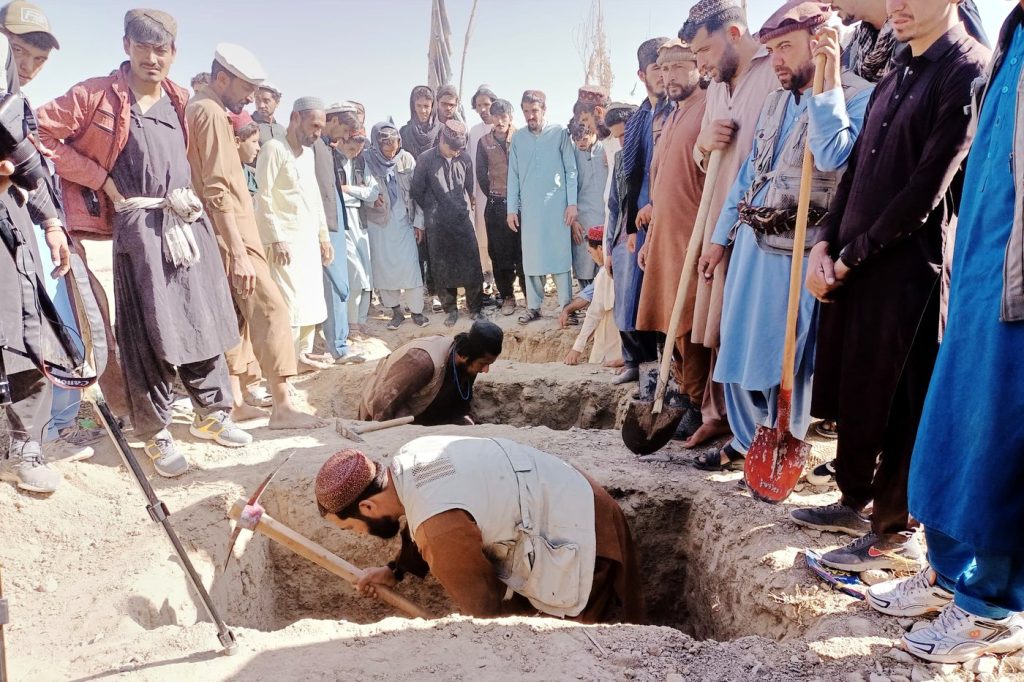ISLAMABAD (AP) – Delegations from Afghanistan and Pakistan have arrived in Doha, Qatar, on Saturday, aiming to resolve a significant crisis that has emerged between them. This crisis has resulted in intense fighting over the past week, with casualties numbering in the dozens and hundreds injured on both sides.
Leading the discussions are the defense ministers from each government. Pakistan emphasized that the talks would focus on “immediate measures to end cross-border terrorism emanating from Afghanistan and restore peace and stability along the border.” While both countries accuse each other of aggression, Afghanistan has denied harboring militants responsible for attacks in border regions.
Regional powers such as Saudi Arabia and Qatar have urged both nations to remain calm, as the escalating violence raises concerns about further destabilizing a region already threatened by groups like the Islamic State group and al-Qaida.
A 48-hour ceasefire, which was intended to suspend hostilities, expired on Friday evening. Shortly after its conclusion, Pakistan conducted strikes across the border. Pakistani security officials confirmed the attacks targeted two districts in Afghanistan's eastern Paktika province, specifically aiming at hideouts of the militant group led by Hafiz Gul Bahadur. This military action was described as a direct response to a suicide bombing that had occurred at a security forces compound in Pakistan's Khyber Pakhtunkhwa province.
Pakistani military reports indicated that the airstrikes resulted in the deaths of numerous armed fighters, asserting that there were no civilian casualties. Conversely, Afghan officials reported at least 10 civilian deaths, including women, children, and local cricketers. The attacks have led to the national cricket board of Afghanistan boycotting an upcoming series in Pakistan.
On Saturday, thousands of individuals participated in funeral prayers in Paktika, gathering in the open air as loudspeakers conveyed sermons of mourning and condemnation. Zabihullah Mujahid, the chief spokesman for the Taliban government, criticized the Pakistani forces for their “repeated crimes” and for violating Afghanistan’s sovereignty. He characterized these actions as provocative and a “deliberate attempt” to prolong the conflict.
The two nations share a 2,611-kilometer (1,622-mile) border referred to as the Durand Line. Nonetheless, Afghanistan has never recognized this border. Pakistan is currently facing a surge in militancy, particularly in areas adjacent to Afghanistan, and accuses both its nuclear-armed neighbor and India of supporting armed groups, although it has not provided substantial evidence to support these claims.
Amid these tensions, Pakistan’s army chief, Asim Munir, urged Afghan officials to favor “mutual security over perpetual violence” and to choose “progress over hardline obscurantism.” He called on the Taliban to take action against the militant proxies that operate from safe havens within Afghanistan.
A significant concern remains regarding the potential resurgence of militant groups in the region, given the ongoing conflict and escalating violence. With both countries expressing deep grievances against each other, the Doha talks represent a crucial opportunity for dialogue aimed at de-escalation and the restoration of peace along the contentious border.











